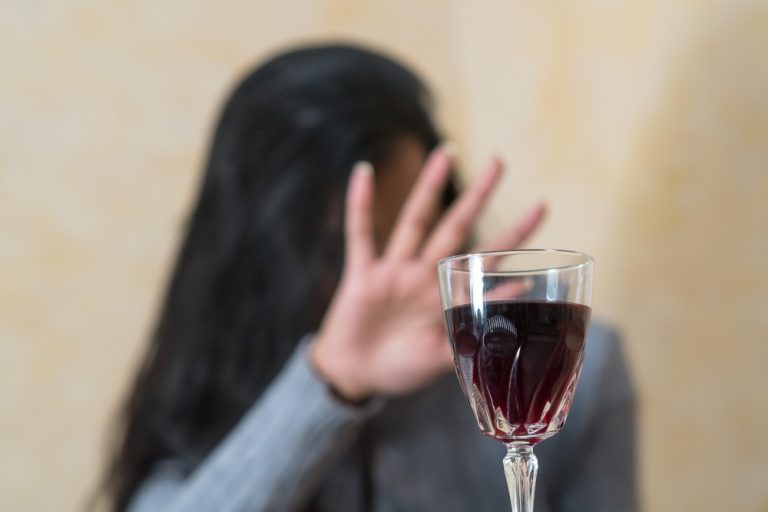Find free methadone clinics near me and start your affordable path to opioid recovery. In Psychology from the University of Wisconsin-Madison where she was part of a psycho-social research lab. She is the Content Manager and Editor at Recovery.com, creating informational video resources on behavioral health. If our guilt is intense, in the absence of a plan, we likely will relapse until our next effort to change. John C. Umhau, MD, MPH, CPE is board-certified in addiction medicine and preventative medicine.
Incorporate Daily Self-Care and Healthy Habits
Rather than signaling weaknesses of the model, these issues could simply reflect methodological challenges that researchers must overcome in order to better understand dynamic aspects of behavior 45. Ecological momentary assessment 44, either via electronic device or interactive voice response methodology, could provide the data necessary to fully test the dynamic model of relapse. Future research with a data set that includes multiple measures of risk factors over multiple days could also take advantage of innovative modeling tools that were designed for estimating nonlinear time-varying dynamics 125. A key feature of the dynamic model is its emphasis on the complex interplay between tonic and phasic processes. As indicated in Figure 2, distal risks may influence relapse either directly or indirectly (via phasic processes).
Self-control and coping responses
Recognize that your sleep and eating habits are slipping and practice self-care. The signs of emotional relapse are also the symptoms of post-acute withdrawal. If you understand post-acute withdrawal it’s easier to avoid relapse, because the early stage of relapse is easiest to pull back from. In relapse prevention the later stages the pull of relapse gets stronger and the sequence of events moves faster. Contact a healthcare professional if you or someone you know suffers from a substance use disorder. You can learn about the best relapse-prevention treatment options for your needs.
Mental Relapse
- Start equipping yourself with the knowledge and tools necessary to maintain a lasting recovery.
- Following these healthy habits will help you feel better and more in control of your life.
- Most often, a relapse prevention plan is a written document a person creates with their treatment team and shares with their support group.
- Research identifying relapse patterns in adolescents recovering from addiction shows they are especially vulnerable in social settings when they trying to enhance a positive emotional state.
AddictionResource fact-checks all the information before publishing and uses only credible and trusted sources when citing any medical data. The Verified badge on our articles is a trusted sign of the most comprehensive scientifically-based medical content.If you have any concern that our content is inaccurate or it should be updated, please let our team know at Even if your sobriety isn’t directly threatened, these strategies enhance your recovery experiences, inspiring your daily lives with depth, purpose, and emotional stability. List activities that support physical health, such as exercising regularly, eating a balanced diet, and getting enough sleep.
Following Through with Treatment
Relaxation techniques such as deep breathing exercises, progressive muscle relaxation, or guided imagery can help reduce stress levels and promote a sense of calmness. These techniques can be practiced anywhere, anytime, making them easily accessible tools in times of stress. If addiction treatment is about getting sober, recovery is about learning how to stay sober. The early months following treatment are a time of unique challenges and choices. Convenient and confidential, Hazelden Betty Ford’s Connection program provides you and your loved ones with personalized, phone-based, addiction recovery coaching by professional recovery coaches. When we practice mindfulness and grow familiar with the reoccurring thoughts that trigger us, we can make a game plan around them.
- It’s important to know which triggers might cause you to relapse and come up with strategies for managing them.
- Relapse prevention offers strategies for early recognition of triggers, education on high-risk scenarios, and behavioral techniques to combat urges and cravings.
- Establishing a regular gratitude practice and incorporating it into daily routines can help keep emotional relapse at bay.
- CBT is a form of psychotherapy that helps identify negative thoughts that lead to substance abuse.

Engaging in structured relapse prevention programs offers numerous long-term benefits that extend beyond preventing substance use. Relapse prevention is an ongoing process that evolves alongside an individual’s recovery journey, requiring continuous adjustment and reinforcement. It’s Halfway house not something you’re born with—it’s built through healthy habits, emotional regulation, and staying connected to supportive people.

RP FOR: ETHNO-RACIAL MINORITIES
Remember, recovery is a process, and each step forward is a triumph.HealingUS Communities is here to offer more than just strategies; we provide a comprehensive approach to support your unique recovery needs. Our commitment goes beyond prevention techniques; it encompasses fostering a community that understands, supports, and uplifts each other. We believe in the power of connection and the strength that comes from walking this journey together. During addiction recovery, it is common to encounter many triggers and cravings, which can increase the risk of returning to substance use. While navigating the recovery process, it can be helpful to formulate a relapse prevention plan to help manage these experiences and avoid relapse.

Learning various acronyms can help a person identify when they need to improve their self-care, such as HALT (Hungry, Angry, Lonely, Tired). Schedule regular times (i.e., monthly) to review and make any needed adjustments based on your progress or new triggers that may arise. This written plan becomes a reference tool for staying on track and can be especially helpful during challenging times.
Therefore, a key aspect of recovery is identifying potential triggers and risk factors and avoiding them as much as possible. In fact, between 40% to 60% of people with a substance use disorder relapse at some point in their recovery journey. Write down specific responses you will use in high-risk situations (i.e., having an exit strategy at social gatherings, bringing your own alcoholic drinks alternatives). Have a go-to plan if you feel on the verge of relapse, such as leaving the environment, calling a friend, or using a grounding technique. List your long-term recovery goals and what you want to achieve by staying sober (i.e., career ambitions, finding a better job, family relationships, health).

Más historias
The Allure of Slot Mafia Casino Adventures
Odkrivanjem Čarobnosti Joo Casino Iger
Unleashing the Thrill of Online Gaming at Joo Casino